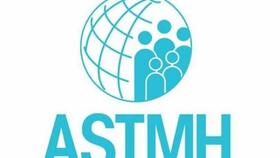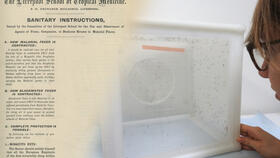With funding from a Wellcome Trust Collaborative Award, LSTM with partners CNRFP in Burkina Faso, University of Glasgow, University of Durham, Warwick University, Univesity of Oxford and Imperial College have initiated a new three year study on Malaria in Insecticide Resistant Africa (MIRA). This project will quantify the public health impact of insecticide resistance and estimate the finances required to meet malaria control targets in high burden countries where malaria is stubbornly persistent.
The 21st century has witnessed a dramatic decrease in malaria transmission across Africa with prevalence halving across the continent, the vast majority of this driven by the use of long lasting insecticide treated bednets (ITNs). However analysis of continent wide trends masks concerning recent developments in some high burden countries such as Burkina Faso, the focus of this study, but also regions of Mali, Malawi and Uganda. In Burkina Faso, two rounds of ITN distribution in 2010 and 2013, have had a minimal impact on transmission. In fact, the national malaria campaign’s own data show a steady increase in malaria transmission with malaria deaths remaining static.
The trans-disciplinary MIRA study will determine why malaria is persisting despite high levels of coverage with ITNs. Our primary hypothesis is that the exceptionally high levels of pyrethroid resistance in the primary vectors is reducing both the personal and community protection usually provided by ITNs but there are many other potential explanatory factors. The project will measure malaria risk factors , quantify the host seeking and resting behaviour of malaria vectors and the level of insecticide resistance (and the impact of this on insecticide behaviour) and record actual net usage and treatment and prevention seeking behaviours in the local population. Data will be used to update transmission models of malaria enabling us to estimate the impact of ITNs in settings that now typify much of the high malaria burden regions of Africa. The model will also aid in the selection of affordable alternative interventions that would be expected to be most effective in complementing existing tools to reduce malaria transmission in such settings.
For further information please contact Professor Hilary Ranson







